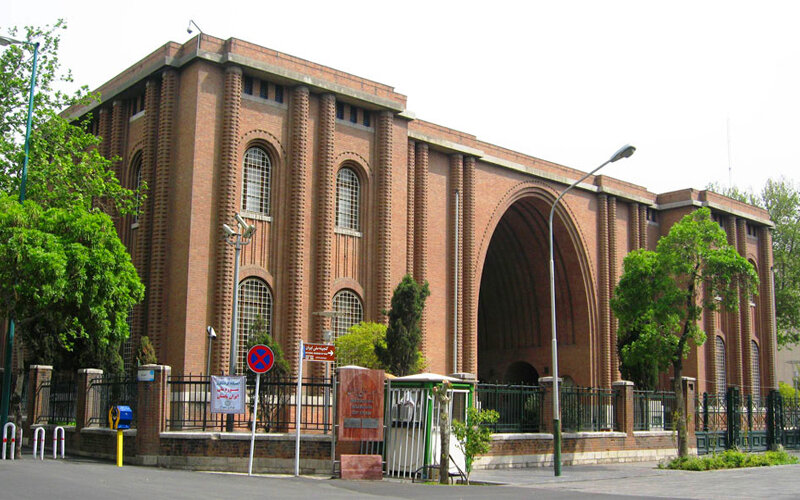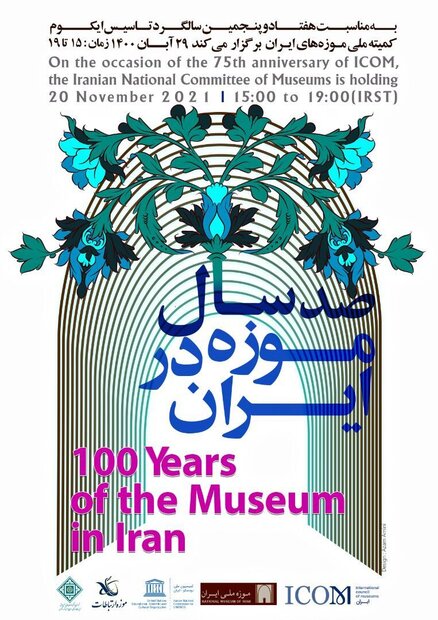Webinar to explore 100 years of museology in Iran

TEHRAN – Tens of cultural heritage experts, archaeologists, and curators have been invited to attend a Tehran webinar to discuss 100 years of museology in Iran.
Iranian National Committee of Museums is organizing the event on the occasion of the 75th anniversary of the International Council of Museums (ICOM), IRNA reported on Tuesday.
Named “100 Years of the Museum in Iran”, the event will be hosted by the National Museum of Iran on November 20, the report added.
Iran is home to one of the world’s oldest continuous major civilizations, embracing settlements dating back to 4000 BC. It also hosts some of the world’s oldest cultural monuments including bazaars, museums, mosques, bridges, bathhouses, madrasas, gardens, rich natural, rural landscapes as well as 24 UNESCO World Heritage sites.

The name of Iran, formerly known as Persia, mostly conjures up the first Persian Empire, ruled by the Achaemenids (ca. 550 – 330 BC) and sites such as Pasargadae and Persepolis. However, there are tens of prehistorical sites as the Burnt City in Sistan-Baluchestan, Tepe Sialk in Kashan, Susa and Chogha Zanbil in the Khuzestan province, and Ecbatana in Hamedan which predate the Achaemenid period
In a nutshell, the history of Iran can be divided into Pre-Islamic and Islamic eras. The Medes unified the ancient land as a nation and empire in 625 BC. . . the Islamic conquest of Persia (633–656) that put an end to the mighty Sassanid Empire (224–651) was a turning point in the history of the nation.
AFM
